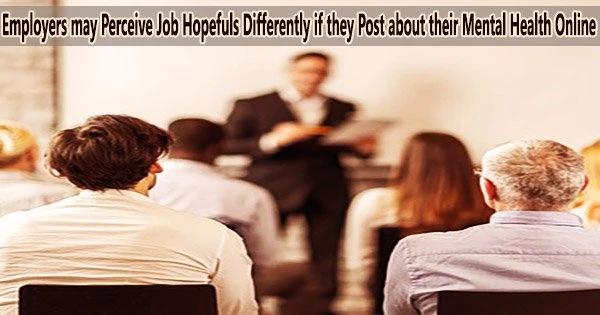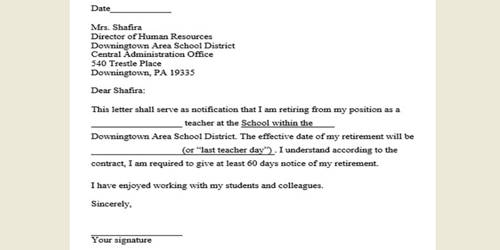People frequently talk about their mental health issues on social media, but a recent study found that these disclosures can influence how prospective employers see job applications.
“People are often encouraged to discuss their mental health struggles on social media with the goal of reducing the stigma associated with mental health challenges,” says Lori Foster, co-author of a paper on the study and a professor of psychology at North Carolina State University.
“We think reducing stigma around mental health is extremely important, but our study suggests that mental health posts on platforms such as LinkedIn could have unforeseen consequences for people disclosing their mental health challenges.”
“Specifically, we found that these disclosures can influence the way people view us in professional contexts,” says Jenna McChesney, first author of the study and assistant professor of psychology at Meredith College who worked on the study while a grad student at NC State. “It’s important for people to take that into consideration when determining whether to share their mental health experiences online.”
The goal of the study was to ascertain how LinkedIn articles about mental health impacted assumptions about a person’s personality and potential professional success.
The researchers conducted a study with 409 hiring-experienced professionals to try and answer the question. A LinkedIn page for a job candidate was displayed to about 25% of the participants, although it made no mention of any mental health issues. 25% more participants saw the same LinkedIn profile, but it also featured a post on the applicant’s struggles with anxiety and despair.
Our findings don’t mean people should refrain from posting about anxiety and depression on LinkedIn. However, people who are considering posting about these issues should be aware that doing so could change future employers’ perceptions of them.
Jenna McChesney
A third of the participants in the survey heard the candidate’s audio interview and viewed the LinkedIn profile. And the last 25% of participants saw the LinkedIn profile, including the post about anxiety and depression, and heard the audio interview.
The job seeker was then questioned by all of the study participants on their personalities and potential performance at work.
“We found that study participants who saw the LinkedIn post about mental health challenges viewed the job candidate as being less emotionally stable and less conscientious,” McChesney says. “Hearing the interview lessened a study participant’s questions about the candidate’s emotional stability, but only slightly. And hearing the interview did not affect the views of participants about the job candidate’s conscientiousness. In other words, the perceptions evaluators had after seeing the LinkedIn profile largely persisted throughout the interview.”
“Our findings don’t mean people should refrain from posting about anxiety and depression on LinkedIn,” McChesney says. “However, people who are considering posting about these issues should be aware that doing so could change future employers’ perceptions of them.”
“There is a big push for people to always be their full authentic selves, but there has been little research into any positive or negative consequences associated with that,” Foster says. “This study is a step toward getting a more complete picture, and it highlights just how much additional work is needed.”
“There are also implications for employers,” Foster says. “When hiring managers look up candidates on LinkedIn, they risk seeing information that can color their perceptions, even subconsciously. Organizations should implement guidelines for using LinkedIn during the hiring process to encourage equitable comparisons among all candidates, including those who openly discuss mental health challenges.”
















